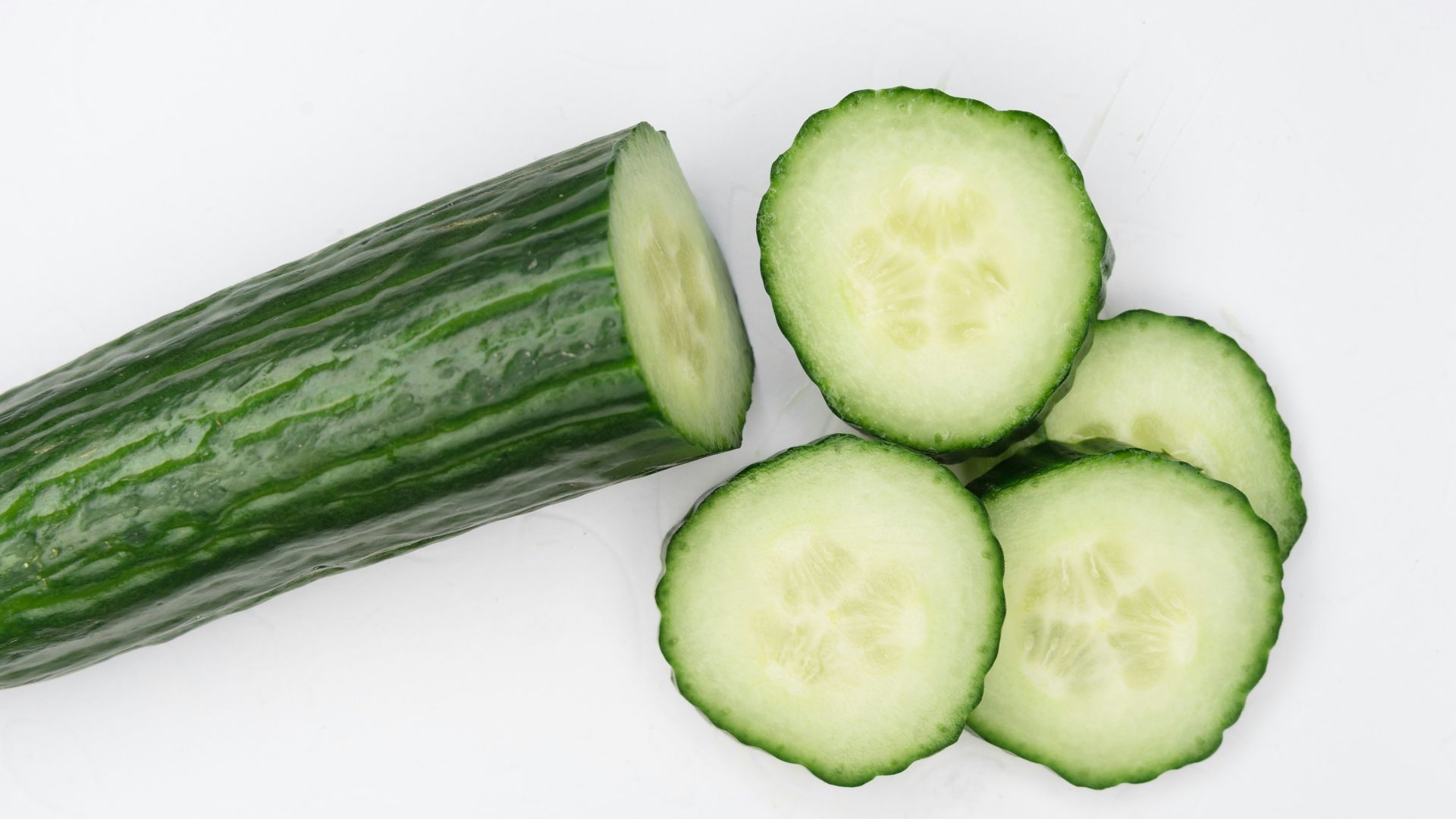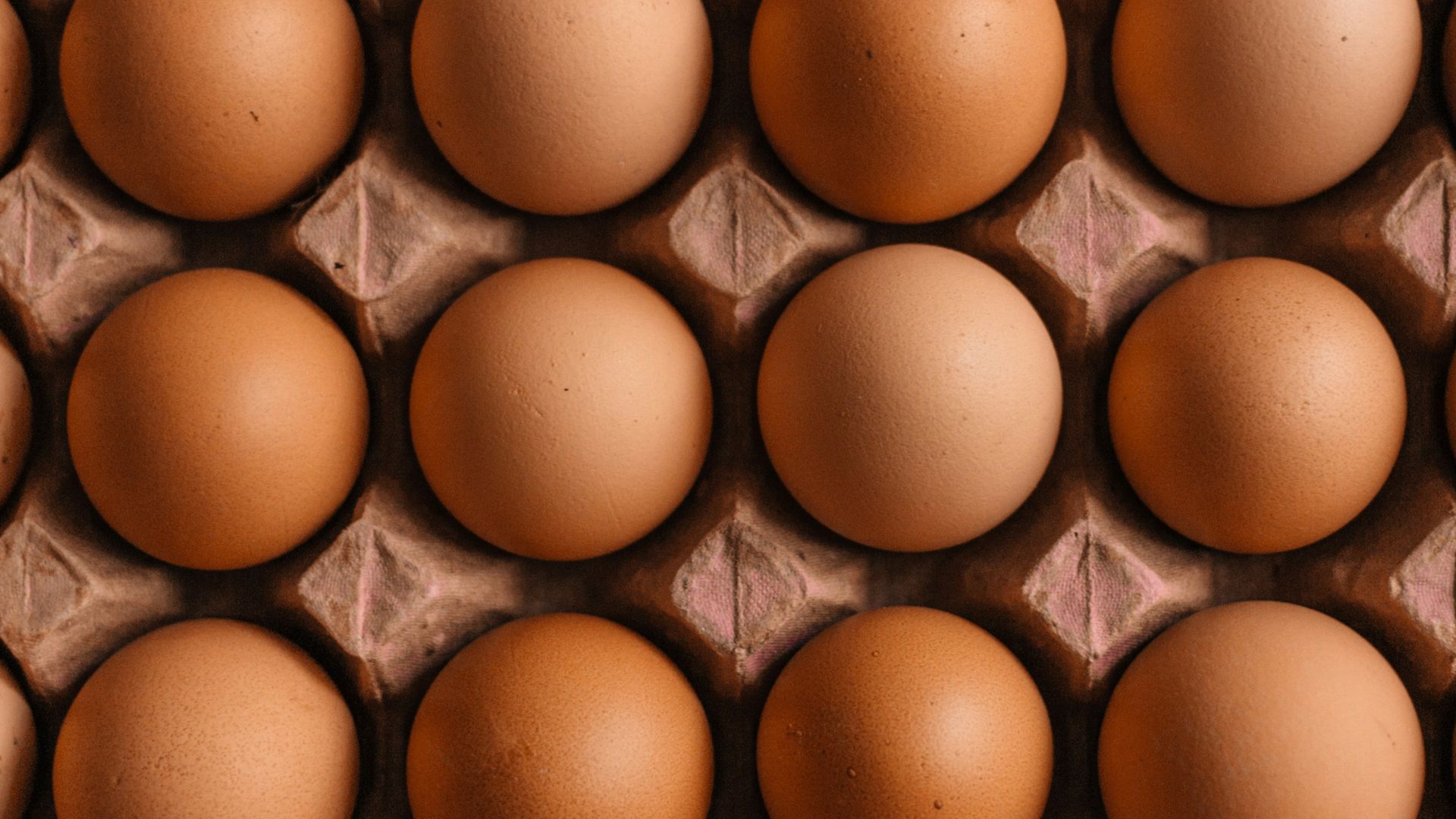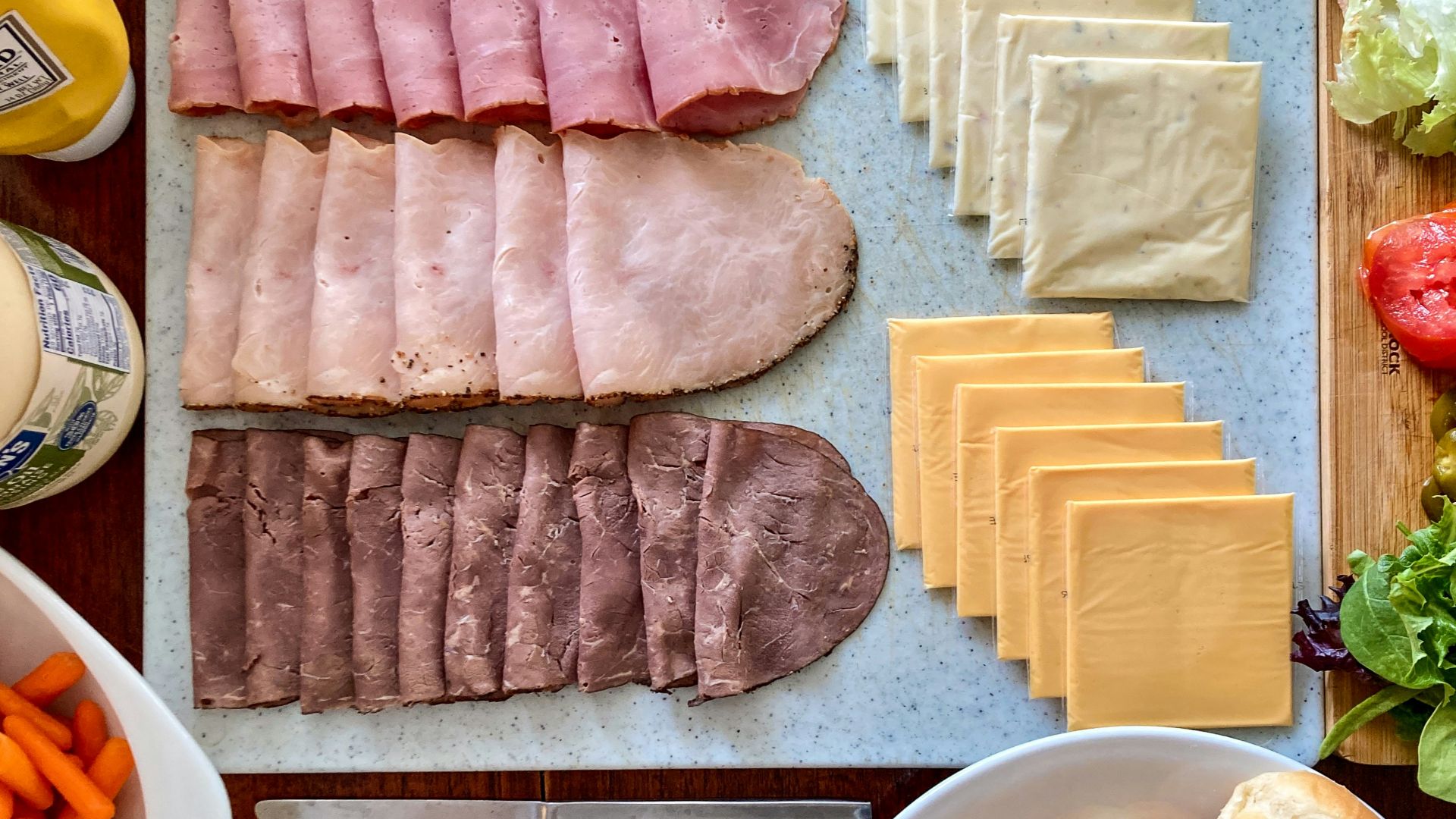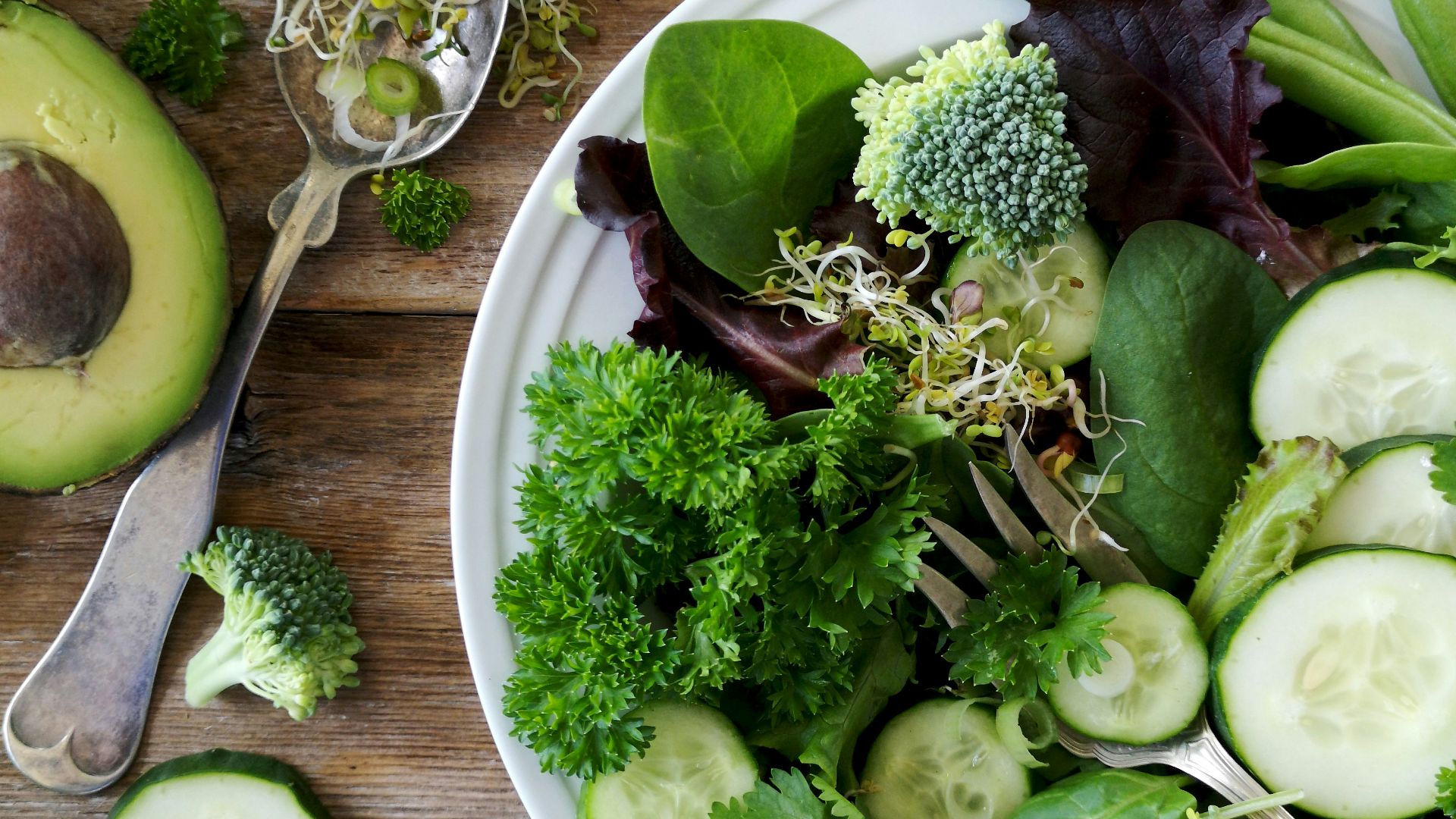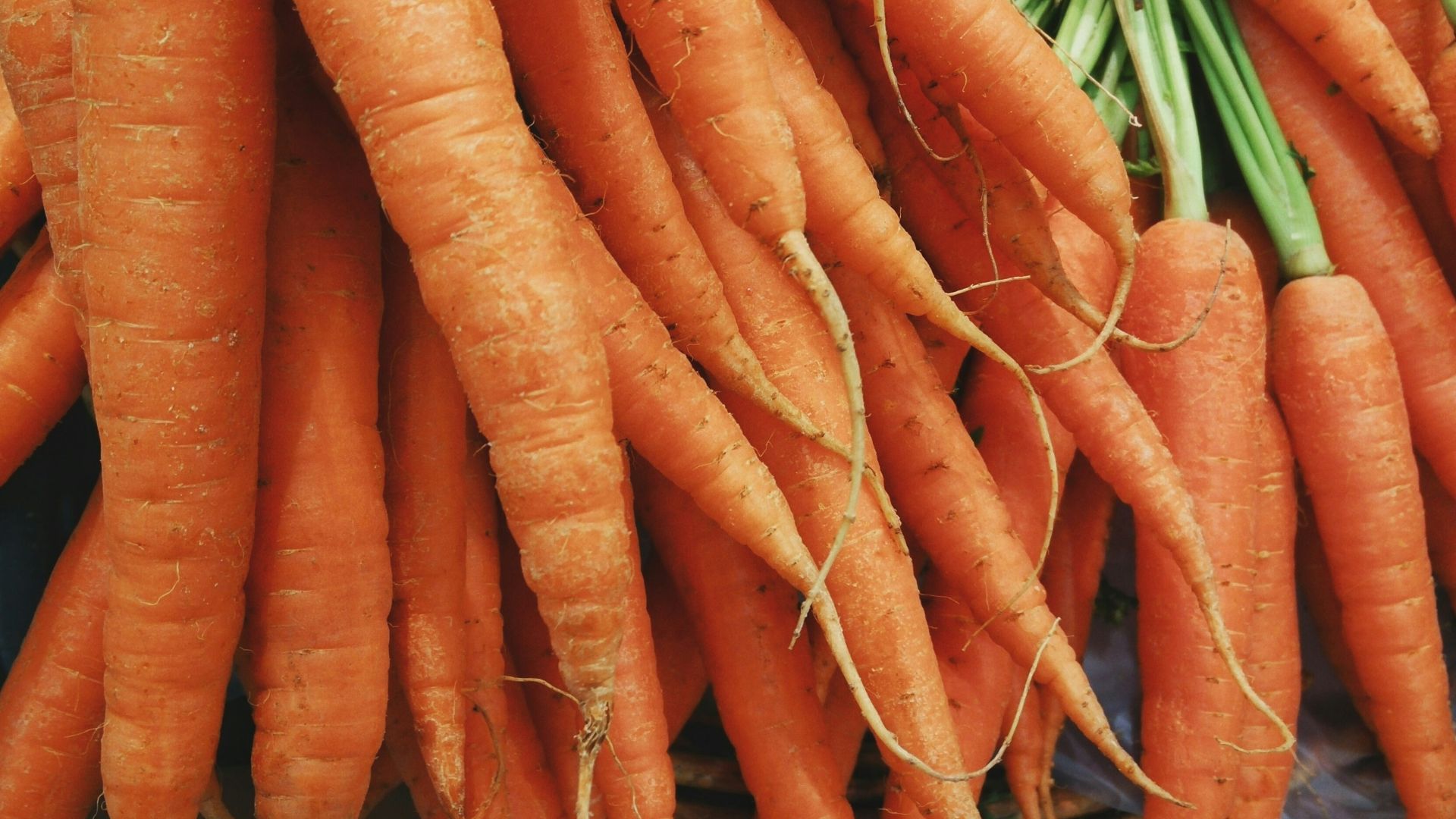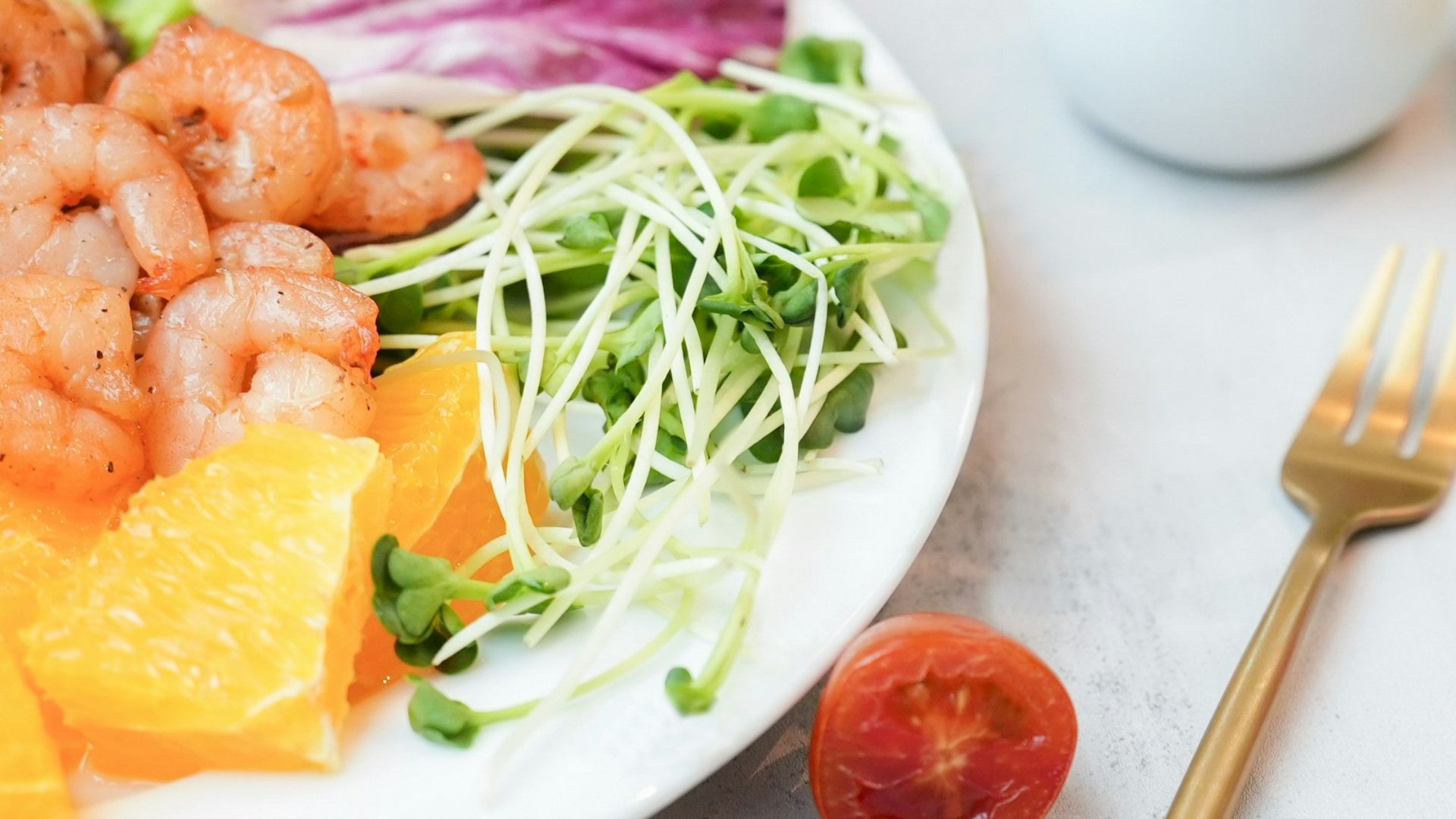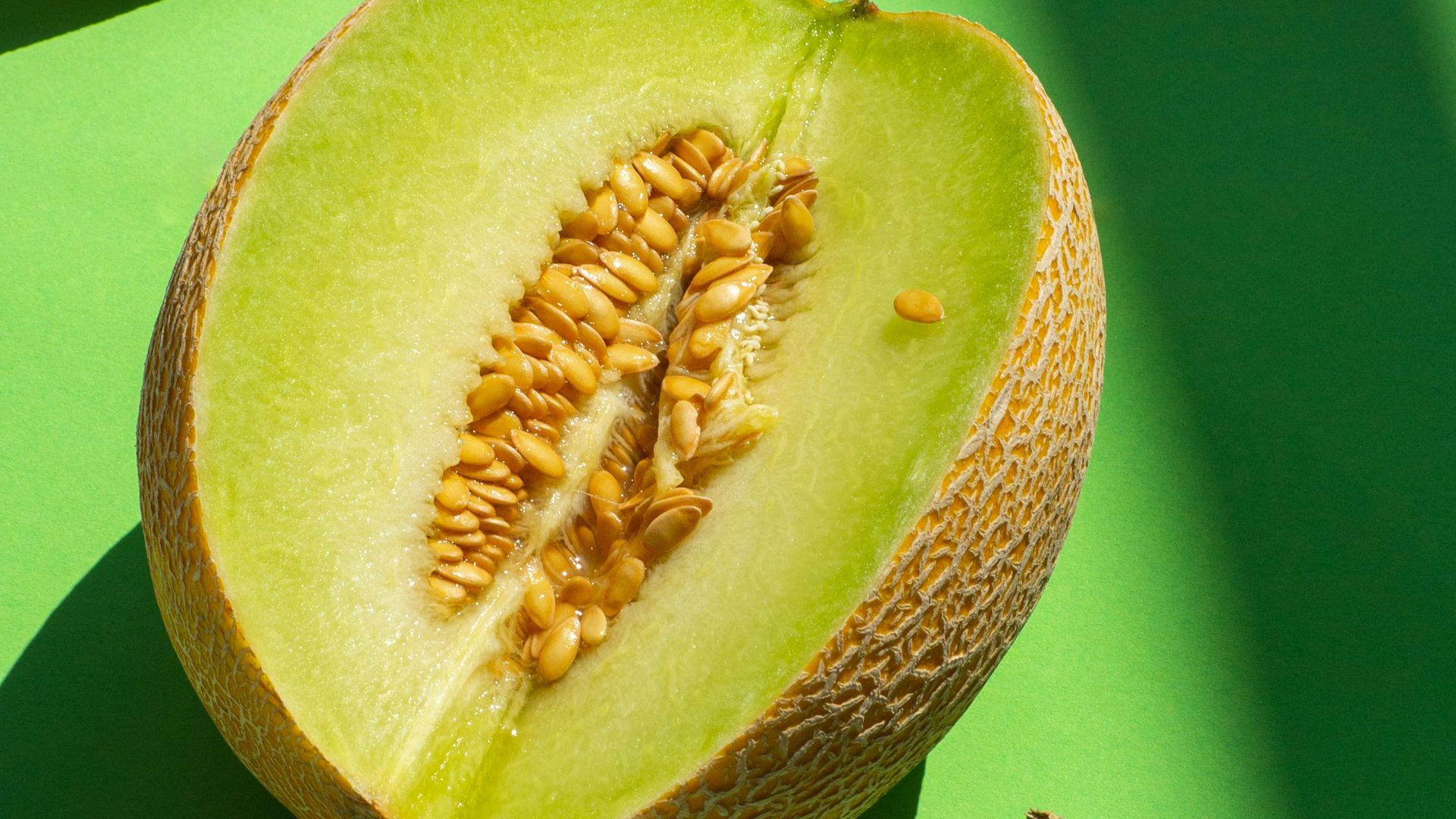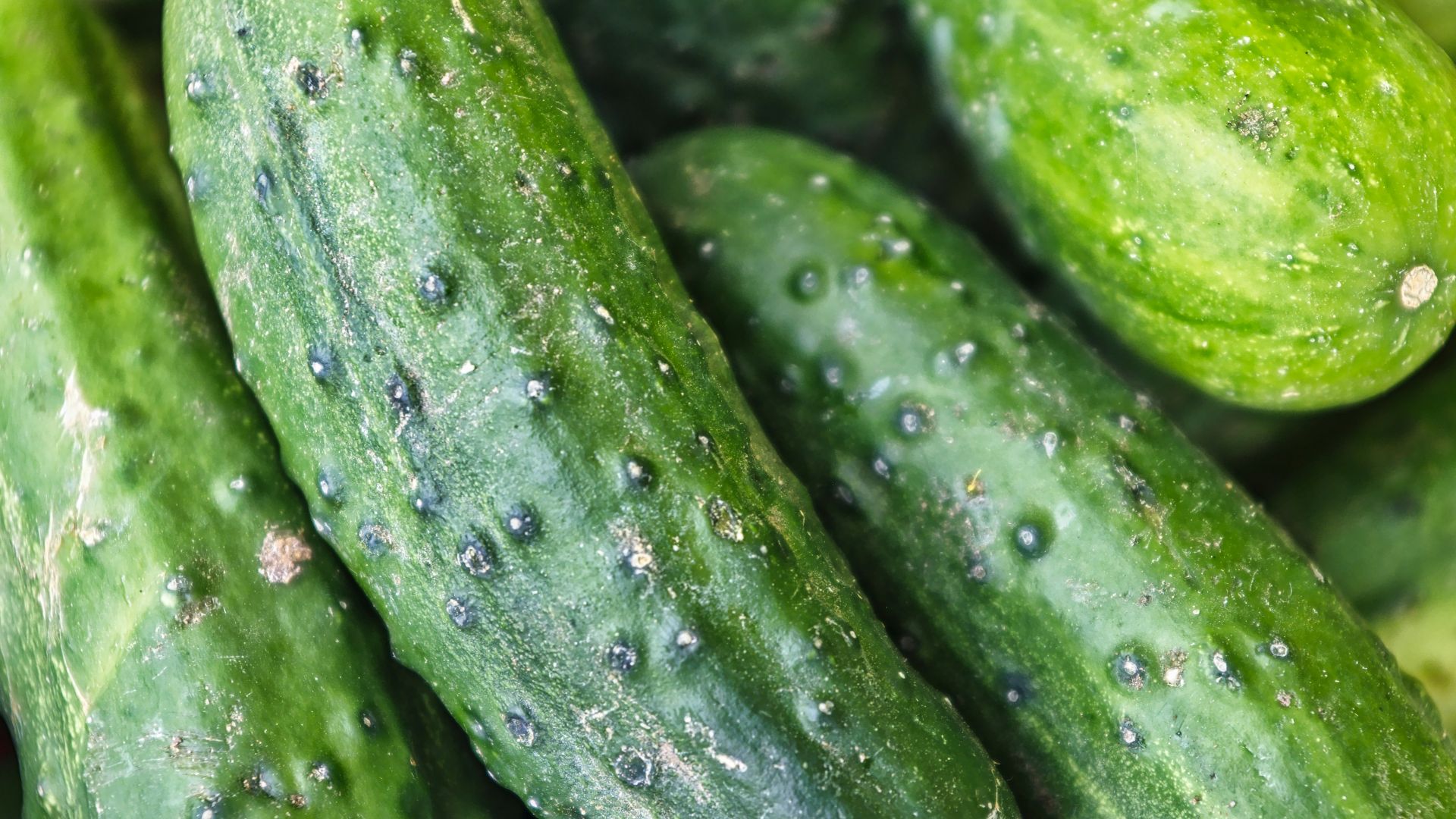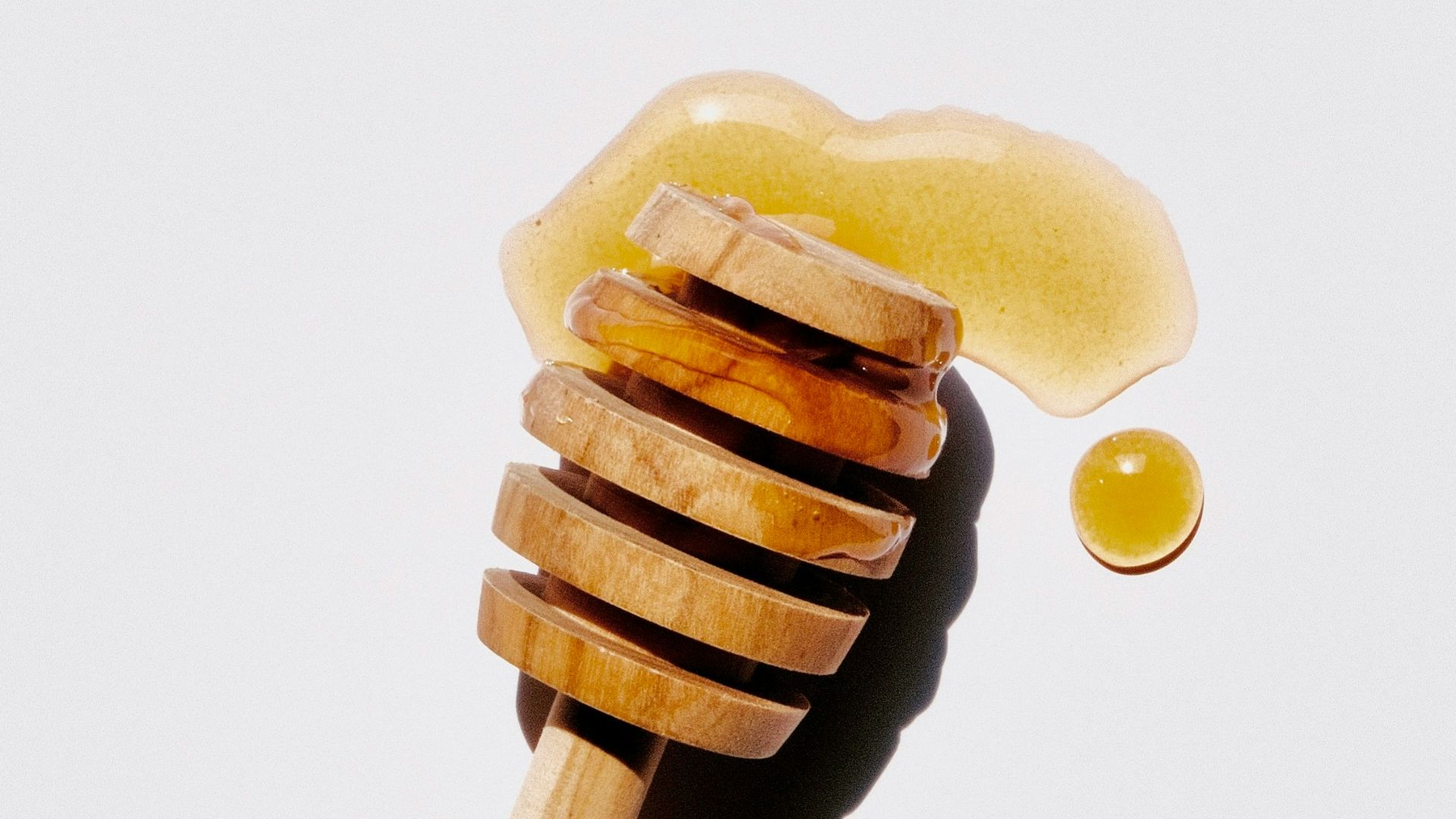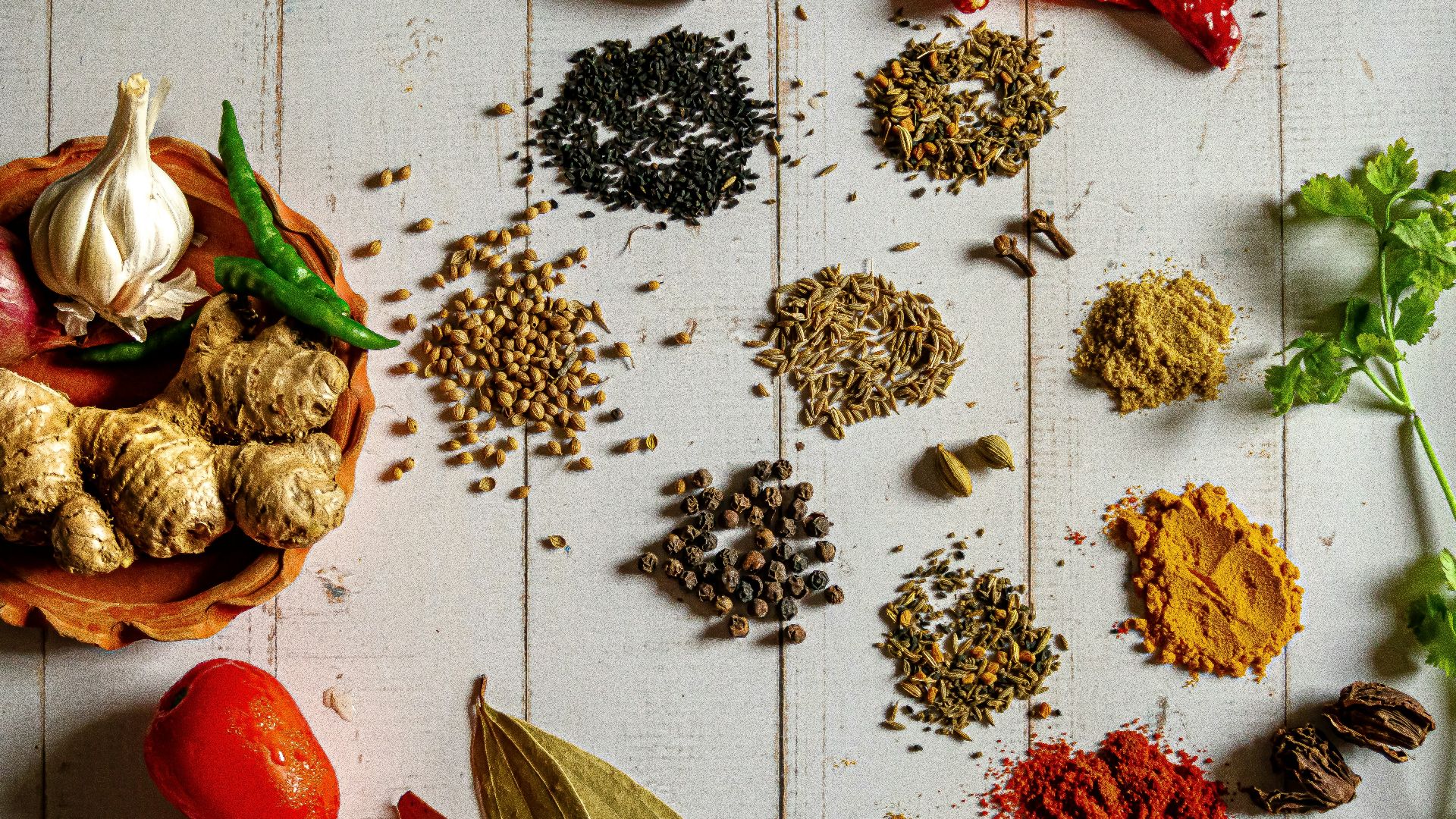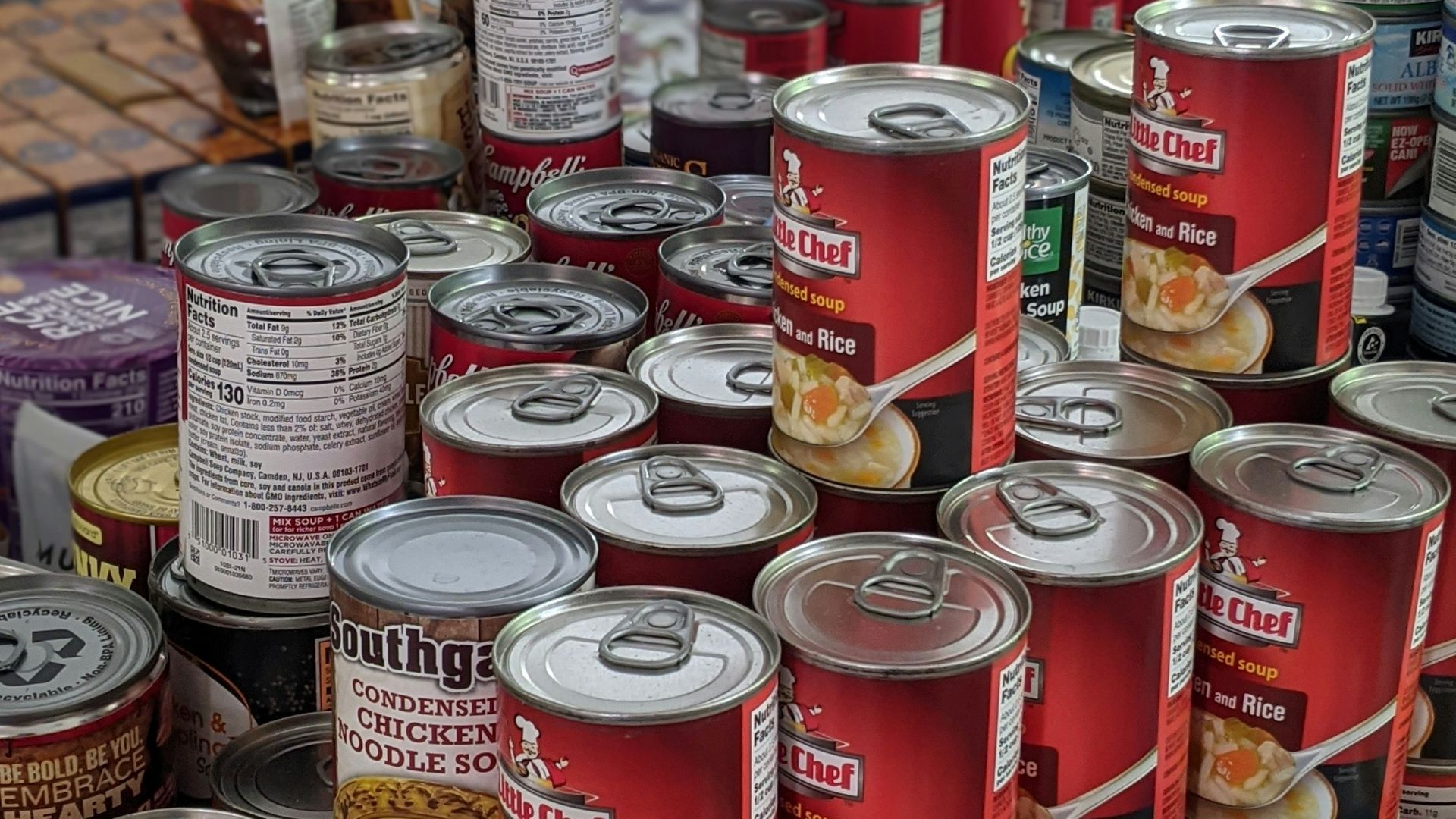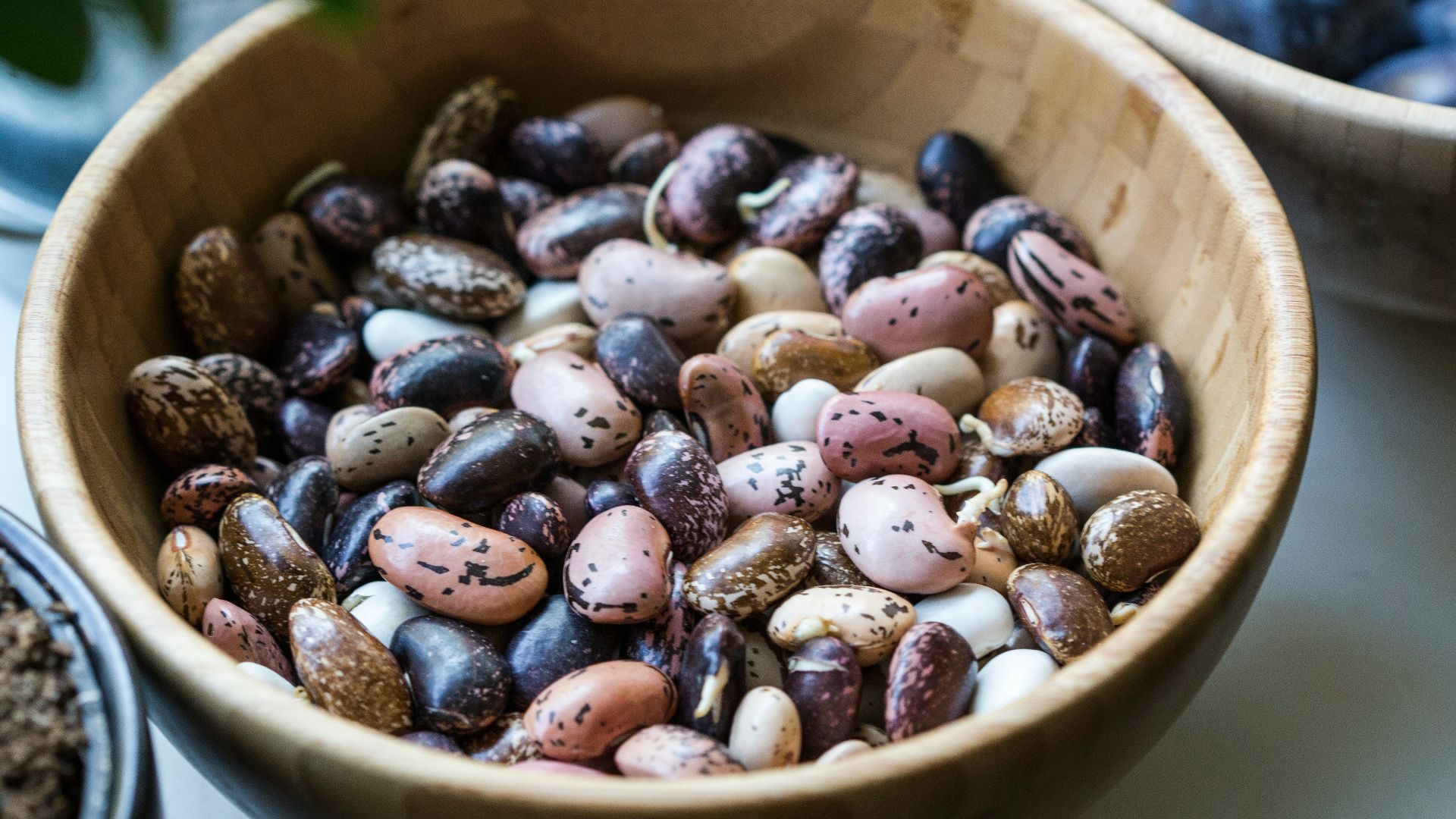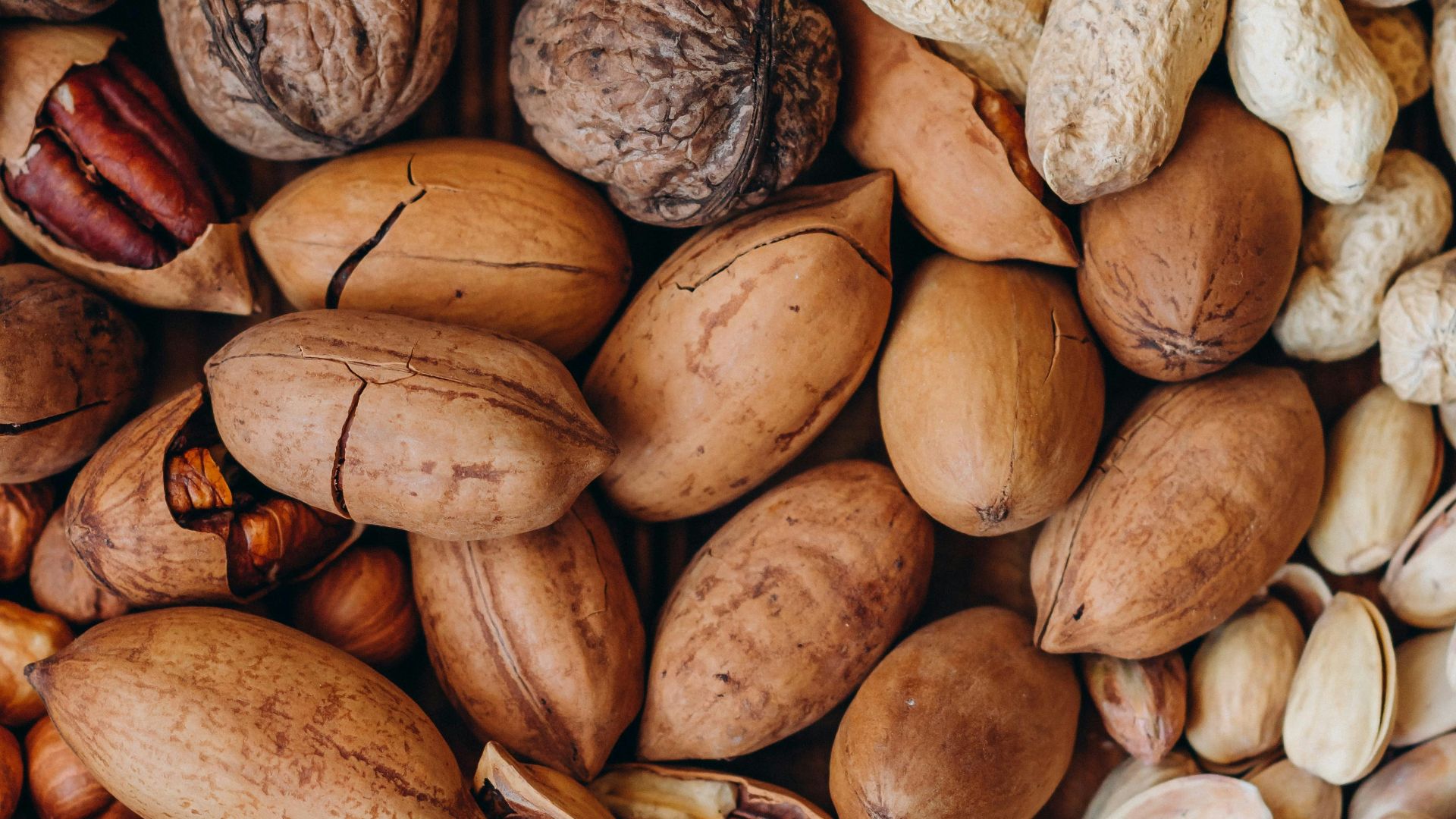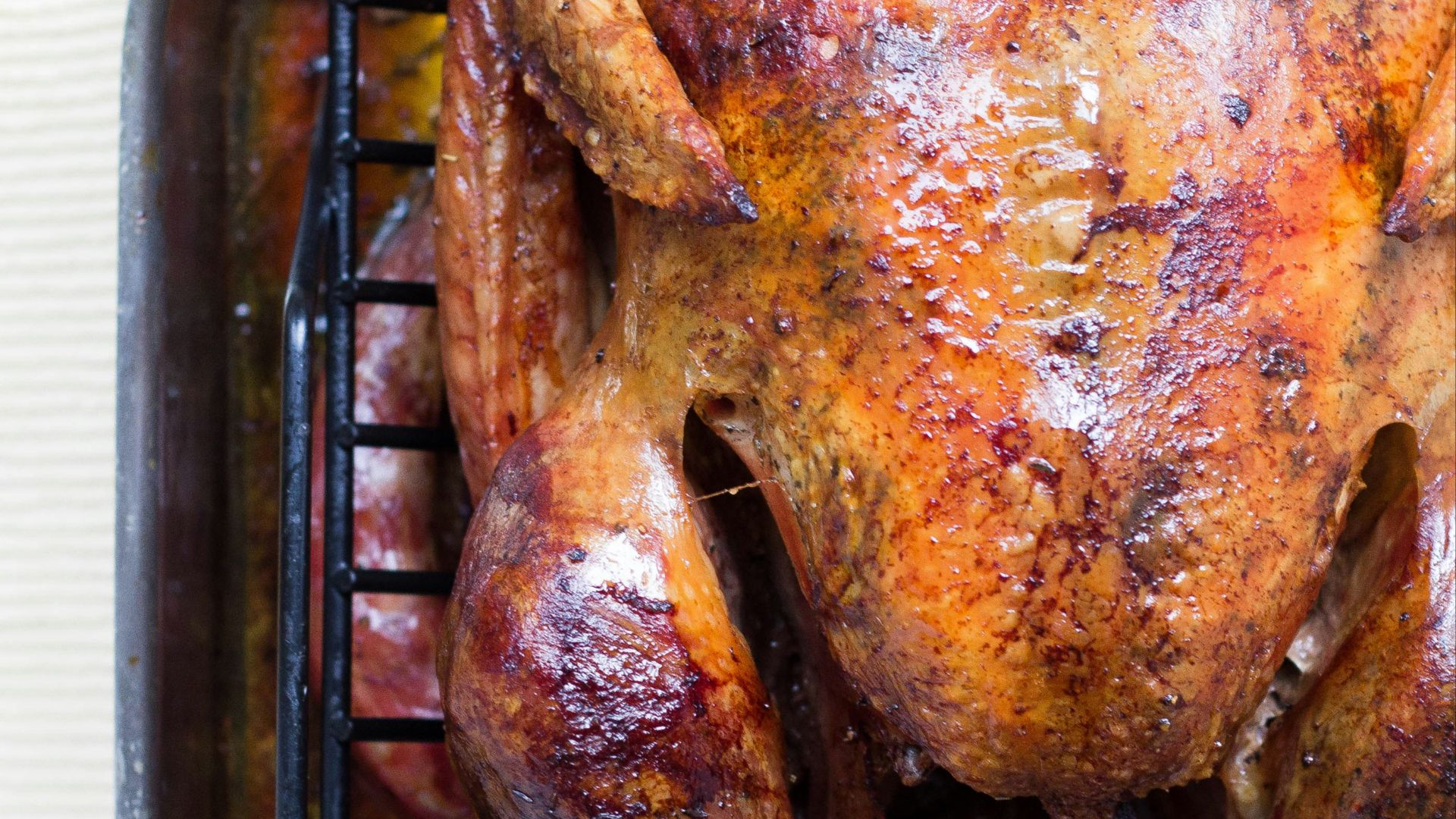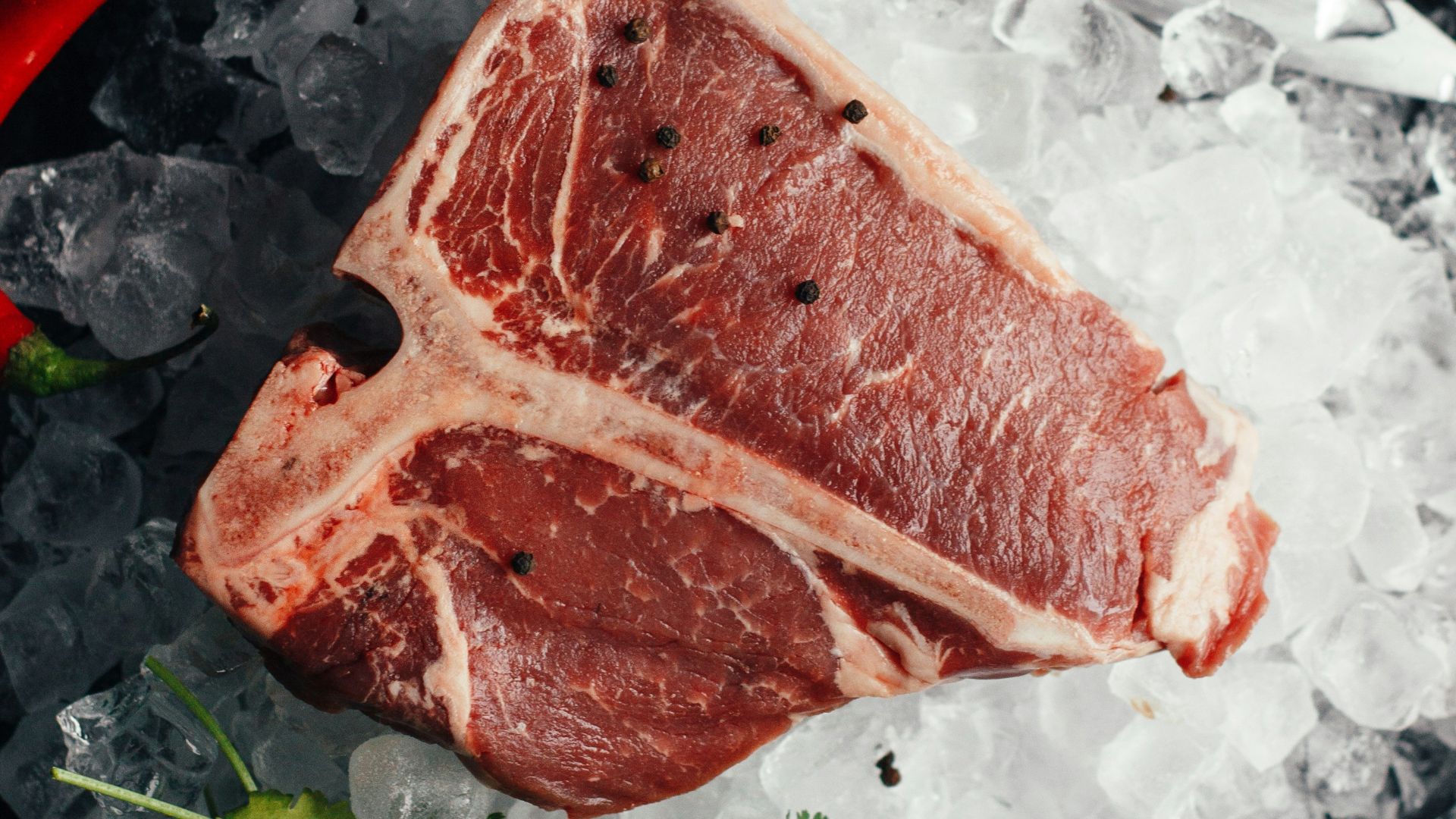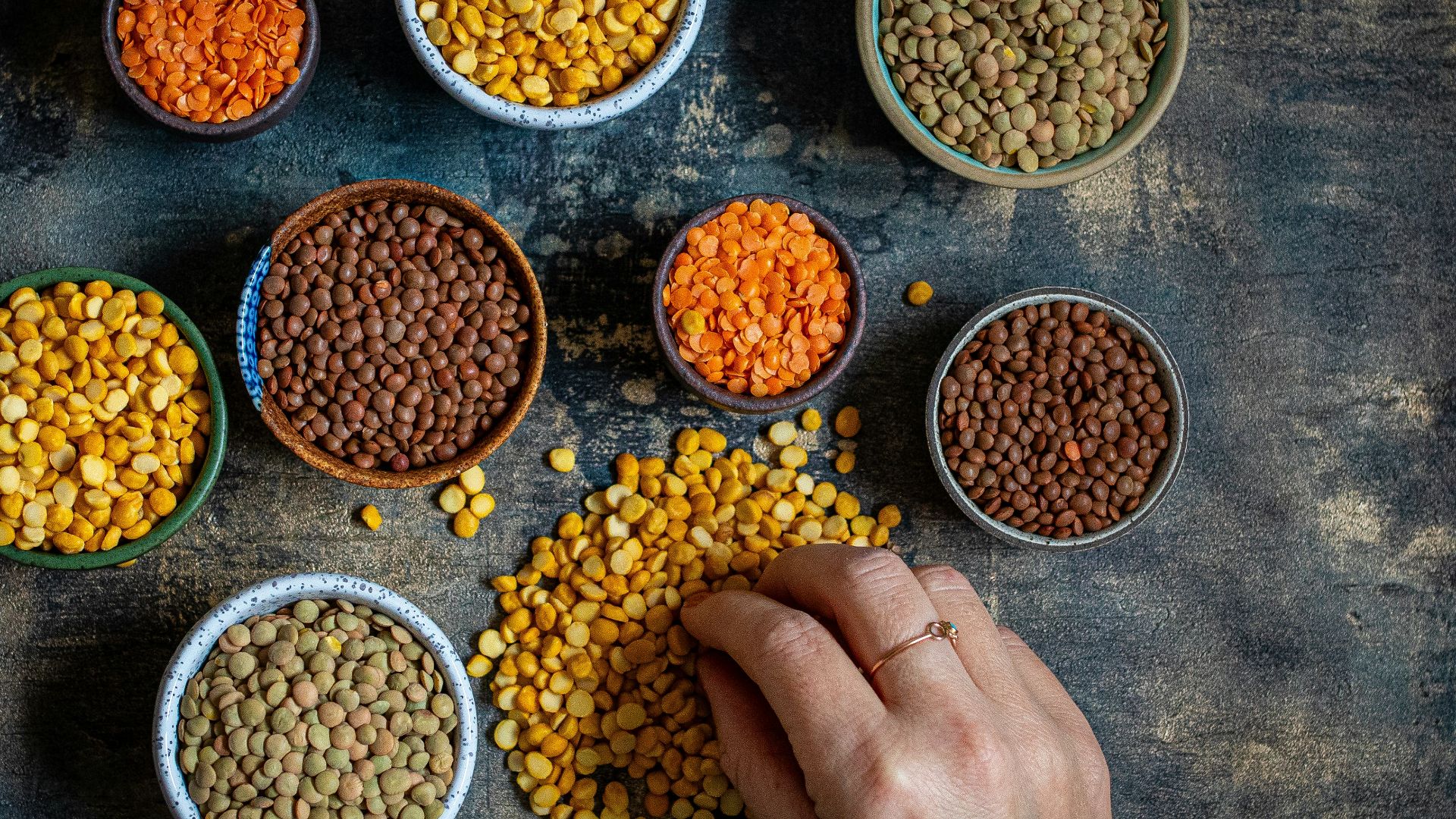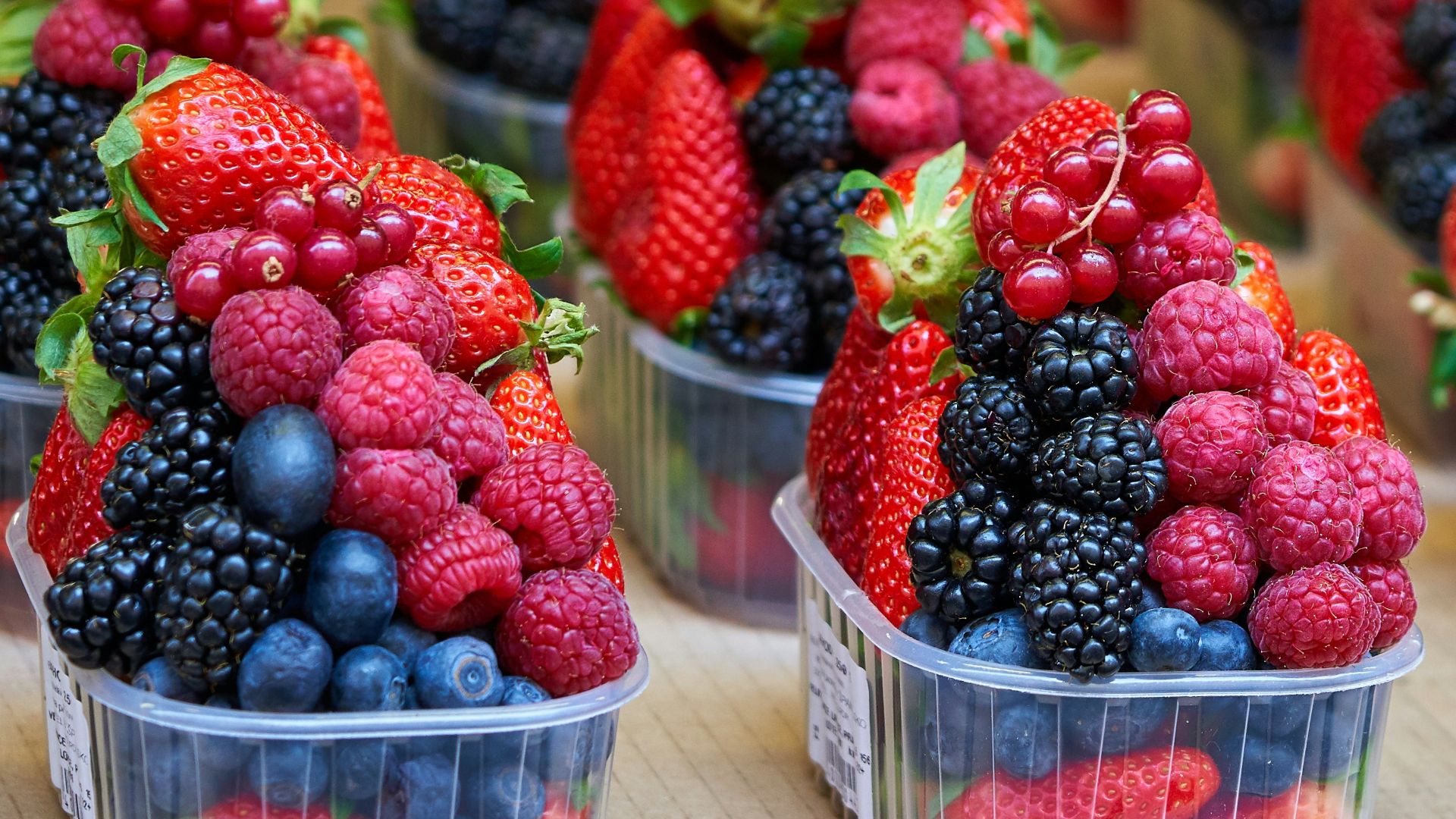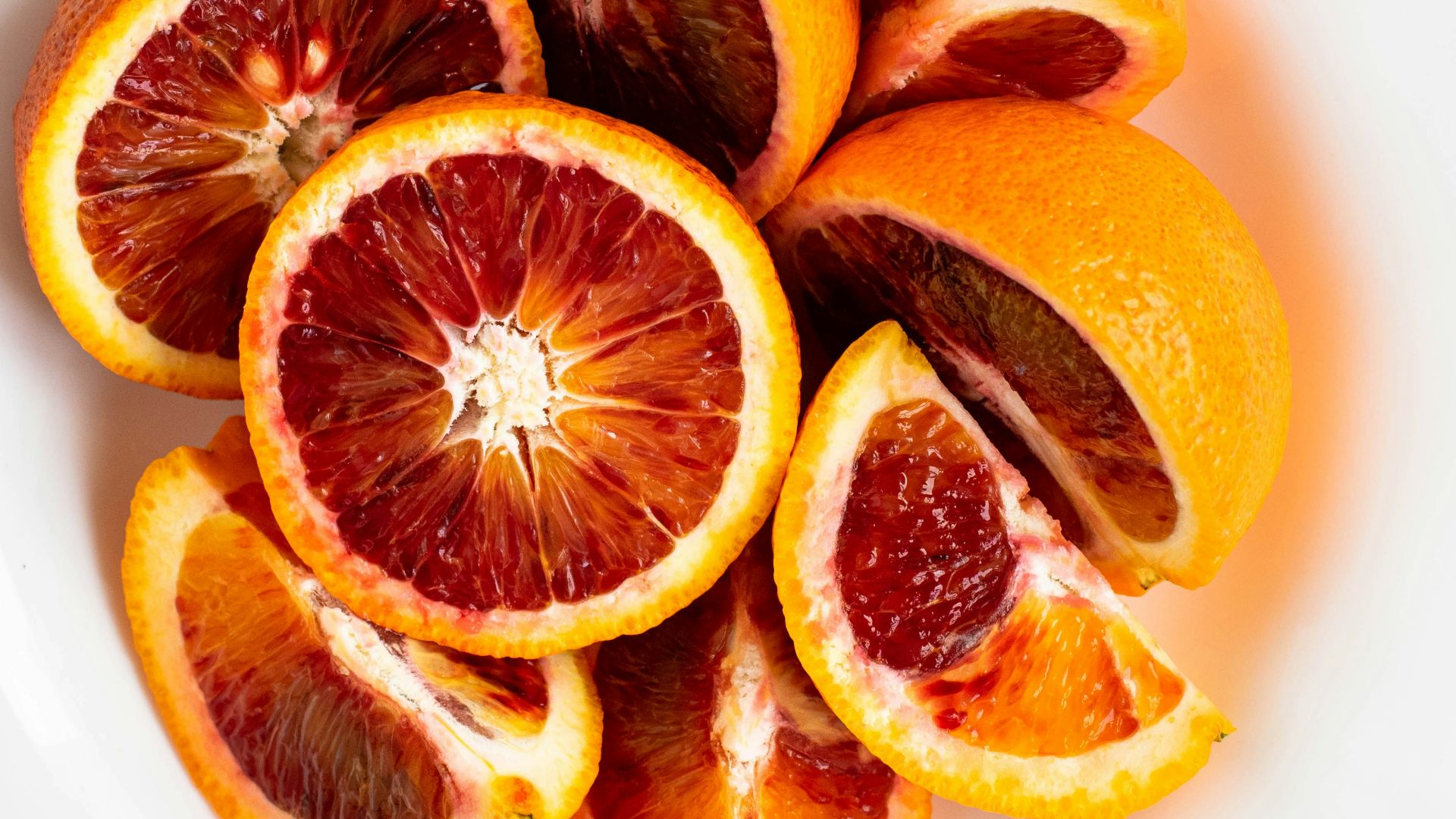What’s In Your Fridge?
It’s no secret that the US takes food safety very seriously. But it might actually shock and disgust you to hear how gross food manufacturing and supermarkets can get. It’s actually not so surprising that so many products are often recalled. With that in mind, here’s a list of the usual offenders, as well as some safe items you can take solace in.
1. Eggs
Eggs are frequently recalled due to Salmonella contamination, which can spread from improper handling or unsanitary conditions on farms. Salmonella can be present on clean eggs, both on the shell or inside. Cooking eggs completely and refrigerating them properly is vital to keep them safe to eat.
2. Soft Cheeses
Soft cheeses, like brie, feta, or queso fresco, are regularly recalled because they can contain Listeria monocytogenes. Listeria is difficult to control because it can grow even in cold temperatures. Pregnant women and those with weakened immune systems are at greatest risk.
3. Deli Meats
Deli meats are another frequent source of Listeria and Salmonella contamination. Once the meat is sliced and packaged in bulk, it can be exposed to bacteria during processing. The meats are often refrigerated, which allows bacteria that can survive in cooler temperatures to multiply. Heating the meat before consuming it can lower the risk.
4. Leafy Greens
Leafy greens, like lettuce and spinach, are often recalled due to contamination with E. coli or Salmonella. These germs can get into the vegetables through the soil, water, or on farm equipment. Unlike cooked foods, there is no step in preparing raw vegetables that eliminates bacteria. Washing greens can help, but will not always remove the germs.
5. Organic Carrots
Organic carrots are often recalled because the carrots can have contact with bacteria in untreated compost or irrigation water. Since pesticides and fertilizers are not used on organic crops, natural fertilizers can have microbes that get into the food. Peeling or cooking carrots can make them safer to eat.
6. Onions
Onions are often recalled after Salmonella outbreaks, since contamination can occur during harvesting and processing. The layers can trap bacteria, which cannot be easily removed with washing. Onions are cooked, which eliminates the harmful germs, but salad onions used raw can present a risk.
7. Raw Sprouts
Raw sprouts, such as alfalfa or bean sprouts, are frequently at the center of recalls due to E. coli and Salmonella. The warm, humid conditions needed to sprout seeds are ideal for bacterial growth. The only way to make sprouts safe to eat is by cooking them.
8. Melons
Melons like cantaloupe or honeydew can have Salmonella and Listeria contamination on their rough rinds. Bacteria present on the outside can be transferred into the fruit’s flesh when cutting through the rind. Washing the outside of the melon before cutting into it helps to reduce the risk.
9. Cucumbers
Cucumbers have been associated with a number of Salmonella outbreaks caused by contaminated water or soil. Since cucumbers are often eaten raw, there is no opportunity to cook them and eliminates germs. Washing and peeling them can help reduce risk.
10. Fish
Fish is often recalled due to contamination with Listeria or Salmonella or improper storage temperatures. Since fish can spoil easily, even a short period of time without refrigeration allows harmful bacteria to grow. Some types of fish, such as tuna or mackerel, can also have natural toxins develop if they are not kept cold enough.
Now that we talked about foods that are often recalled, here are 10 that stand the test of time.
1. Honey
Honey is naturally low in moisture, so bacteria cannot grow in it. Its acidity and enzyme content also make it one of the safest foods for long-term storage. However, it should not be fed to babies under 1 year of age due to the risk of botulism spores.
2. Spices
Spices are extremely low in water activity, so bacteria and mold cannot grow. They also contain natural antimicrobial compounds. As long as they are stored properly in a dry place, they are generally considered safe.
3. Canned Goods
Commercially canned goods are sterile and can last for years if the can is sealed properly. The high heat used in the canning process eliminates bacteria and prevents spoilage. As long as the can is not damaged or bulging, the food inside is safe to eat.
4. Coffee
Coffee beans and grounds are low in moisture, so bacteria cannot multiply. The roasting process also eliminates any potential contaminants. Brewed coffee should be consumed fresh, but the dry product itself is very safe.
5. Beans
Dry beans have a long shelf life. Cooking them properly destroys any natural toxins or bacteria. When stored in an airtight container, they rarely cause any food safety issues, which makes them one of the most popular stockpile food items right alongside rice.
6. Nuts
Nuts are generally safe because they are dry and do not support bacterial growth. Roasting also reduces any possible contamination. Storing them properly prevents mold and keeps them fresh for months.
7. Cooked Rotisserie Chicken
Commercially cooked rotisserie chickens are heated to a safe internal temperature that eliminates bacteria. They are handled under strict food safety guidelines in most grocery stores. As long as they are kept hot or refrigerated quickly, they remain safe to eat.
8. Frozen Meat
Freezing meat stops bacterial growth and preserves freshness. Although freezing does not eliminate all bacteria, it keeps them dormant until cooking. When thawed and cooked properly, frozen meat is safe and nutritious.
9. Lentils
Dry lentils are safe because they rarely harbor harmful bacteria. Cooking them thoroughly ensures any possible contamination is destroyed. They are also easy to store for long periods of time.
10. Berries
Fresh berries sometimes get recalled, but frozen berries are generally safe because they are washed and flash-frozen soon after harvesting. The freezing process helps prevent bacterial growth. Keeping them frozen until use ensures they remain safe.
KEEP ON READING



